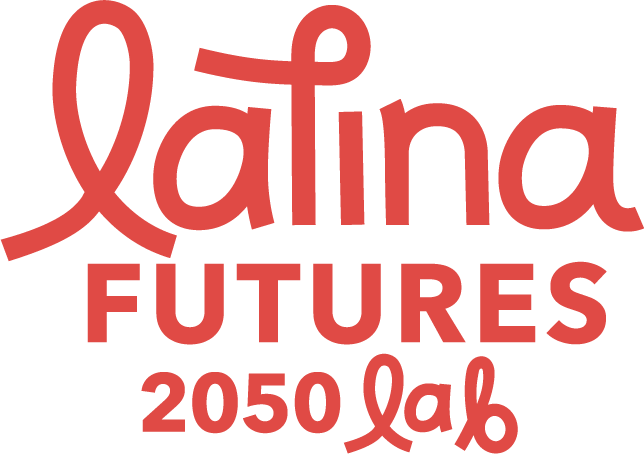
Holding the Line Against a Chill on DEI: Latina Futures at HIP 2024
At a panel organized by Latina Futures 2050 Lab at the recent Hispanic in Philanthropy (HIP) national conference, leaders representing four powerful national organizations offered a new narrative for philanthropy and the non-profit world to face up to the rippling effects of the Supreme Court’s 2023 decision on the use of race in higher education admission criteria. Sonja Diaz, Latina Futures co-founder, moderated the discussion.
The panelists suggested that, rather than shrinking back from diversity, equity and inclusion efforts – and any programs and initiatives that might be perceived as such – philanthropists and funders need to consider the vital role Latina leaders and allies can play to promote new models of inclusion and shared prosperity.

LatinoJustice PRLDEF Director of Racial Justice Fran Fajana outlined how her half-century old organization has fortified its multi-pronged approach to improving the well-being of Latinx communities and defending their civil rights by combining impact litigation, legislative advocacy, leadership development and narrative change.
“We have always litigated impact cases that protect the rights of Latinos and other marginalized communities. We will do no less to meet this moment,” said Fajana. As an example, she cited how in March 2024 LatinoJustice PRLDEF filed an amicus brief to defend the Smithsonian Museum for the American Latino’s college internship program, calling out the misinterpretation of the affirmative action decision by those who challenged the internship program. “In the wake of the Supreme Court’s decision on race-conscious college admissions, those intent on halting progress on racial equity have filed more than 50 cases challenging programs they claim are covered by the decision,” said Fajana. She further urged philanthropy to stay the course on beating back opponents of racial progress not only by funding litigation, but also charting new and innovative strategies to ensure racial equity.
Panelists Michele Siqueiros with the Campaign for College Opportunity and Dr. Carmen Rojas with the Marguerite Casey Foundation emphasized how important it is for philanthropy to retain a focus on how opponents of inclusion are using the Supreme Court decision to dismantle racial equity programs beyond educational institutions.
Helen Torres with Hispanas Organized for Political Equity, reinforced the recommendation that program officers and other funders take direction from Latino-serving and Latinx-led organizations in responding to threats to DEI. Given that only 1.3% of philanthropic funding is awarded to these organizations, their voice is often missing from philanthropic decision-making on how best to accelerate the use of race in “coherent and measurable” ways to overcome the nation’s past discrimination and nurture a forward-looking vision of American democracy.

In response to the Supreme Court decision, LatinoJustice PRLDEF has been providing guidance and support to nonprofit organizations. In collaboration with Hispanic Federation, a national membership organization of Latino-serving nonprofits, LatinoJustice PRLDEF is working to educate community-based organizations about the scope of the Supreme Court affirmative action decision and its implications. “We developed a tool for nonprofits to use to gauge whether their recruitment, outreach, and hiring practices need to be updated,” said Fajana. “We have trained scores of nonprofit staff and will continue to offer these sessions. Support from philanthropic institutions is critical to fortify our litigation and advocacy work.”



